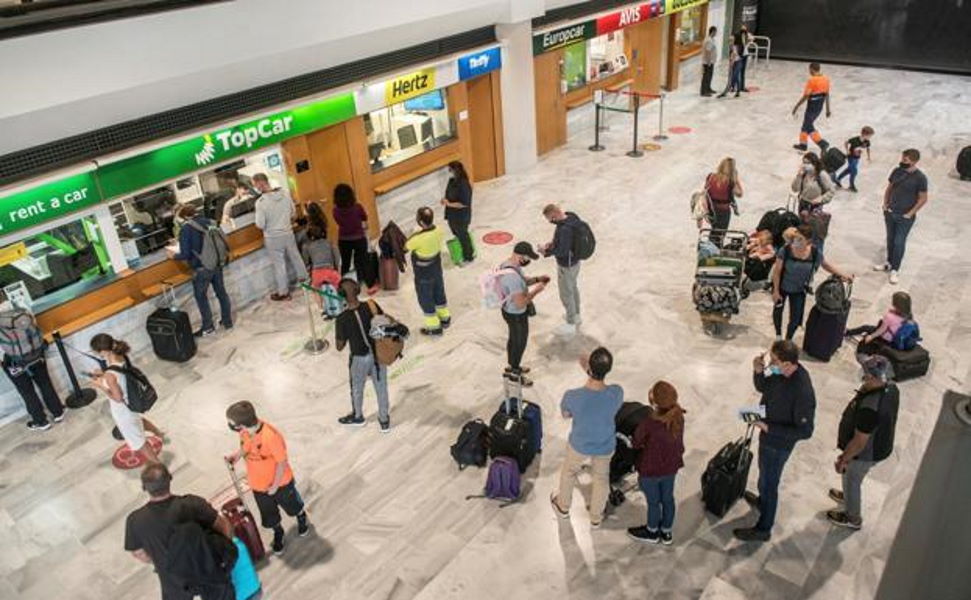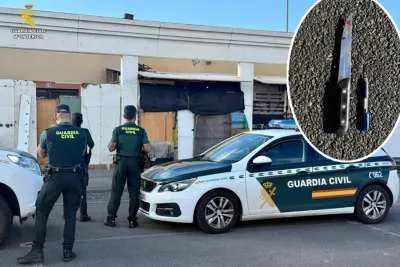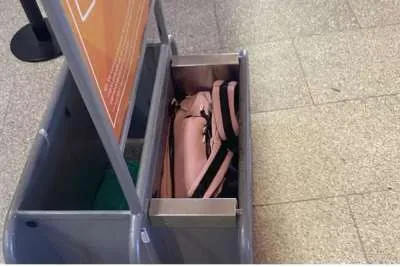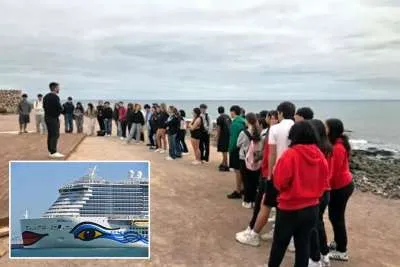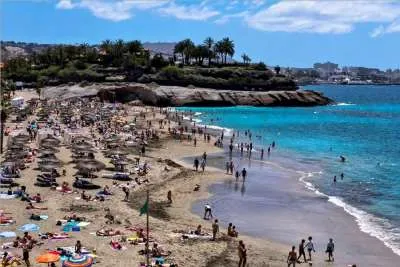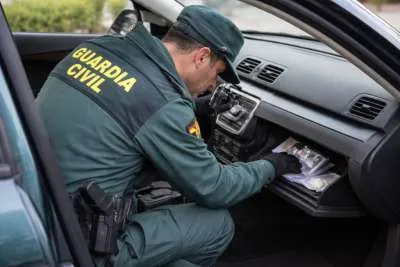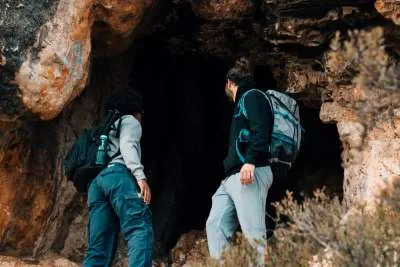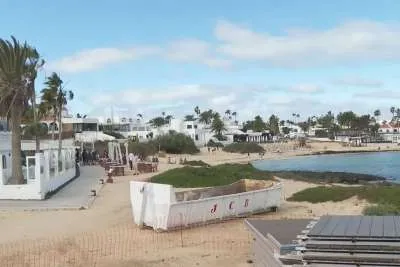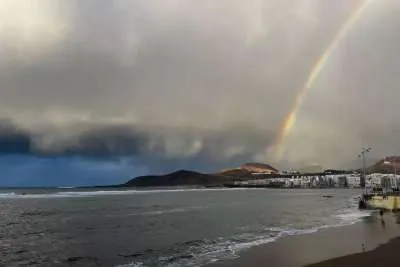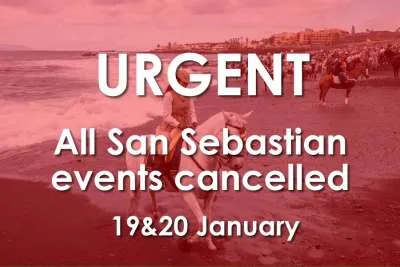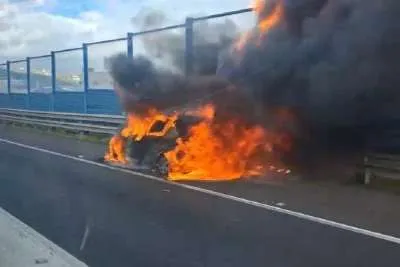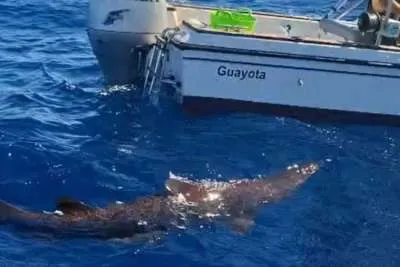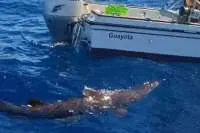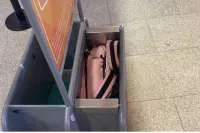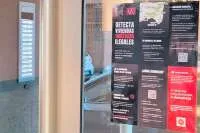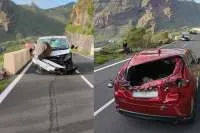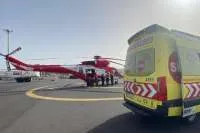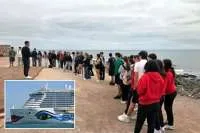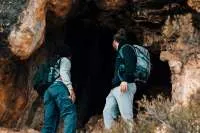Rent a car prices have increased after the reduction of fleets due to the pandemic
- 18-07-2021
- Business
- Canarian Weekly
The reduction in the number of rent a cars in the islands in the last year due to the Covid pandemic is leading to a deficit of cars this summer and causing prices to increase. Renting a car on certain islands today can cost up to three times as much as it did in 2019 and, as indicated by industry sources, if you find one, "take it" because it is likely that if you don’t, you may not have the chance again.
The problem is worse in Lanzarote and Fuerteventura, where rent a car companies are having to transfer in vehicles for the summer from the other islands due to the anticipation of a growing demand.
"There is not much tourism at the moment but if it increases shortly, causing more demand and the same supply, then prices go up," says the president of the Professional Association of Rental Car Employers in the Canary Islands (Apeca), Juan Antonio Jiménez.
It is estimated that there were 82,000 rent a cars on the islands before the pandemic, but companies have reduced their fleets by more than 70% meaning there are only around 25,000 active cars currently available.
So far this number has been enough to cover the demand generated in the islands. In fact, up to now of these 25,000 units, only 18,000 were on the road and the rest were in storage, but now all are operational but it is not enough to cover the demand for specific moments of the summer.
Although the sector is gradually incorporating new vehicles, with 1,000 new units registered from January to May, they are very cautious to make larger purchases due to the uncertainty that still exists about the tourism sector.
As Roberto Dávila, the CEO of Avis and general secretary of the Association of Canary Islands Vehicle Rental Companies (Aecav, which includes the larger companies), points out, every stationary vehicle has an average monthly cost of 250 euros. “Now, in summer there is an upturn in demand, but when September ends it is not known yet what will happen and a car that has been idle for two weeks, though you have had it rented for two more, already means losses. An improvement in the tourism sector is expected in the winter season, but right now the only sure thing is uncertainty," says Dávila.
The president of Apeca (which includes smaller more local companies), Juan Antonio Jiménez, says that “the sector is not going to purchase massive numbers of cars due to the volatility and uncertainty that continues to dominate the landscape, and because of the difficulty that there is right now to buy cars. Dealerships don't have much choice of vehicles”, he explains, “and orders are being delayed. The production plants also have problems due to the lack of components and that has reduced the number of vehicles leaving the factories, so even if we would like to incorporate more into our fleets, it is impossible," he says.
Finally, they mention a third drawback, which is financing. As Jiménez points out, “many companies are running into credit problems to increase their fleets”. In any case, it highlights that the price of rent a cars in the Canary Islands has traditionally been low and has now risen to the normal level of other destinations, although far from the more than 100 euros a day that is being requested in areas of the mainland and the Balearic Islands.


